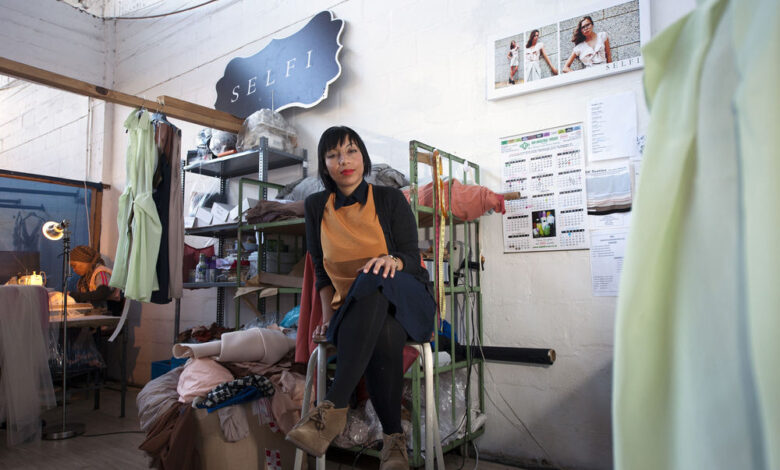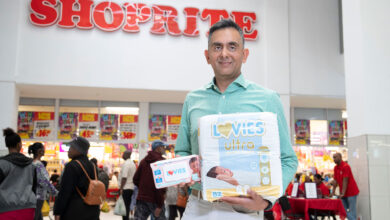How SELFI Aims To Create Sustainable Ethical Apparel

With each collection the company strives to incorporate fabrics that are kinder to the environment. It looks at the amount of water used in the production of its fabrics , does it contribute to microfibre pollution or greenhouse gasses and how long will it take to decompose after being bought. All these factors have made the company carefully select the most eco friendly plant based fibres.
All the company’s textiles are plant based. It does not use any polyester, nylon or acrylic due to its contribution to microfibre pollution to the environment. When manufactured, washed and worn, synthetic clothes & textiles shed tiny plastic fibers that end up in the environment. These tiny plastics then ends up in our waterways and drinking water does not biodegrade: it breaks down into smaller pieces. These microfibres then travel to local wastewater treatment plants, where up to 40% of them enter into rivers, lakes, and oceans where they contribute to the overall plastic pollution.
The name SELFI originated from the word self and was intended to evoke elements of self empowerment, self care and well being. With the construction of each collection, the company focuses on incorporating aspects of South African culture and identity, with a firm conscious undertone which promotes wellness and sustainability.
The fashion industry produces a lot of waste season after season. Disposing of mock trials, samples and fabrics that is no longer needed by design houses. With the dumping of these waste textiles the toxic chemicals are released into the environment while burning or breaking down into the earth. Every season SELFI donates all its mock trials and samples to St Anne’s home for abused women and children in Woodstock, Cape Town and Emmanuel Children day care centre in Atlantis. Here, the textiles it donates get repurposed and used as skill development through craft and sewing.
SELFI partnered up with @lelive.africa, @bakedcollection and @blackbettydesign along with the amazing NGO @futurefemales and have donated 5% of all their profits from their respective websites to the Phakama Community Centre & safehouse project which supports gender based violence victims for the entire month of August 2021.




